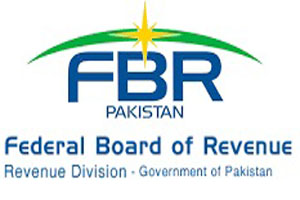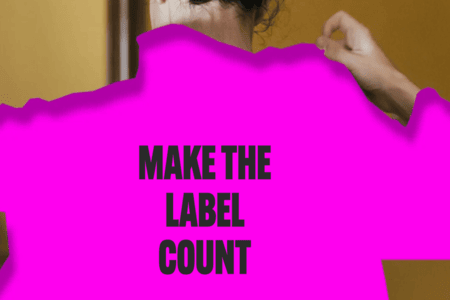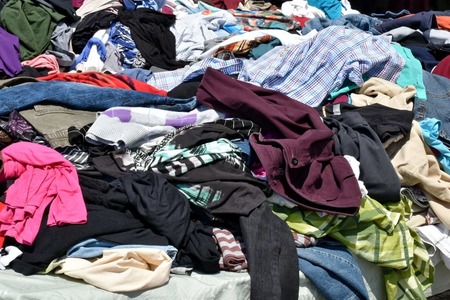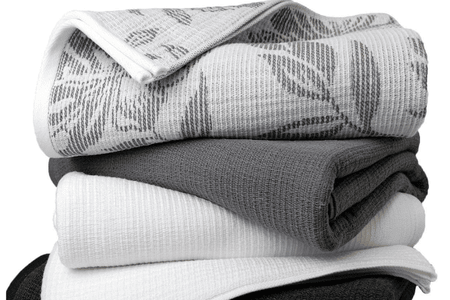
FBR reworking on ST structure includes textile
YarnsandFibers News Bureau 2016-05-10 14:00:00 – IslamabadThe Federal Board of Revenue (FBR) during the ongoing budget exercise for 2016-17 is reworking sales tax structure on the five major export oriented sector which includes textile, carpets, leather, surgical and sports goods under SRO.1125. According to Tax experts, sales tax on five export-oriented sectors was declared zero-rated first time through Finance Bill 2005.
The FBR at that point of time endorsed that the amount they collected from textile sector is almost refunded to exporters. Since no textiles contribution in collection of sales tax was not very significant it was appropriate to declare this sector zero rated from sales tax to boost up exports. The position continued till 2011. Thereafter firstly reduced rate of sales tax on supplies to unregistered person was imposed through SRO 283(i)/2011 and SRO 1125(i)/2011 and then entire supply chain was brought into the sales tax through reduced rate regime from February 2013.
Shehzad stated at present reduced rate of sales tax @ 3 percent is prevailed on industrial raw material and processing charges. The locally made finished textile articles are chargeable to Sales Tax @ 5 percent. Imported finished textile articles attract sales tax @ 17 percent. Retailers of textile sectors are chargeable to sales tax @ 5 percent. Commercial importers in addition to sales tax @ 3 percent are liable to pay sales tax @ 1 percent on value addition and further sales tax @ 2 percent is also payable on supplies to unregistered person. The issue pertaining to discriminatory treatment of commercial importers and industrial importers is also under debate this year.
The FBR in the short span of two years were forced to bring number of amendment through different notification such SRO 154/2013, 682/2013, 221/2013, 504/2013, 898/2013 and 486(2015.
FBR intends to tap sales tax on local/domestic consumption of textile goods and therefore in a view that entire textile regime should be kept in sales tax regime, so that government can retain portion of sales tax after payment of sales tax consumed in exports. The problem they encounter is timely release of refund payment. Mostly FBR never satisfied refund claimants. In-fact even in a developed world VAT refunds are one of the chronic issue.
According to Shehzad, it is not wise to keep sales tax on textile and other export oriented sector. The collection at one end and repayment at other end does not make sense. A major part of cotton produce particularly lower count textile yarn is exportable resources, if lower count yarn is declared zero rated exporters may be provided a big relief. The domestic consumption is based on fine/higher count.
It is high time for tax managers together with stakeholders jointly workout modalities in way to intact proper revenue collection from this sector as well as it may address genuine problems of exporters. The focus of entire tax machinery should be shifted to other tax generating avenues.
Market Intelligence
Ask for free sample Report

experience
Customer Base
dedicated team
Countries Served Worldwide









